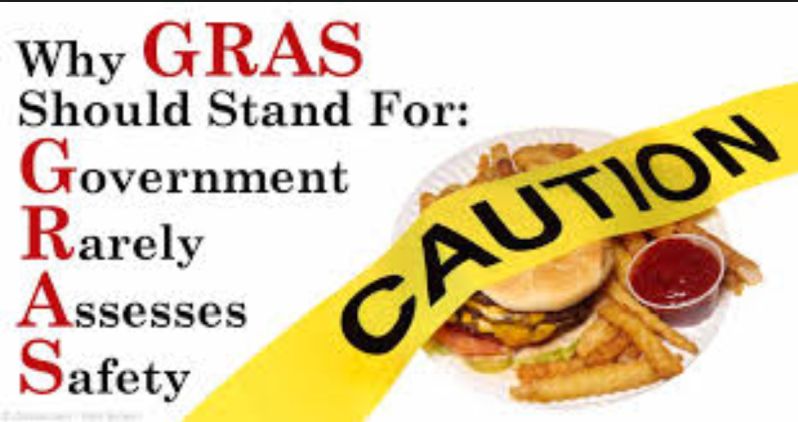Good Questions 5. How can a food product be both old and new?
Abstract
How can some foods and food additives be regarded as novel and subject to patent claims and at the same time be obviously safe? In dealing with its responsibilities to ensure the safety of foods it looks like the U.S. Food and Drug Administration (FDA) acts in ways that favor the manufacturers and expose consumers to unnecessary risk.
The FDA uses the term GRAS, Generally Regarded as Safe, to identify products as not requiring further study to establish their safety. Any person may “notify” FDA that a product is GRAS. The FDA does not accept or agree with the notifier’s GRAS conclusion. Usually the FDA simply does not question the notifier’s claim.
This peculiar approach to “regulation” by the FDA is illustrated here through examination of Evolve BioSystems’ new trademarked product, Evivo, claimed to be “the first and only probiotic powder clinically proven to restore the infant gut microbiome to its original, natural state.”
Evivo is obviously a new and unfamiliar product. It is only because it is novel that Evolve Biosystems pursued patents relating to it. The FDA’s primary responsibility is to protect public health. The FDA’s refusing to accept a GRAS claim by a manufacturer would not be an assertion that it the product is unsafe. It would simply be an assertion that, as a matter of prudence, the safety of this product should be investigated by an objective agency both before and after it is marketed. That is not too much to ask, especially when the consumers are to be highly vulnerable children.

Authors retain all copyrights. In making a submission to World Nutrition, they are certifying that all material is theirs except quotations, as indicated, and that they have obtained permission for any photos, tables, or graphics taken from other publications or websites.




